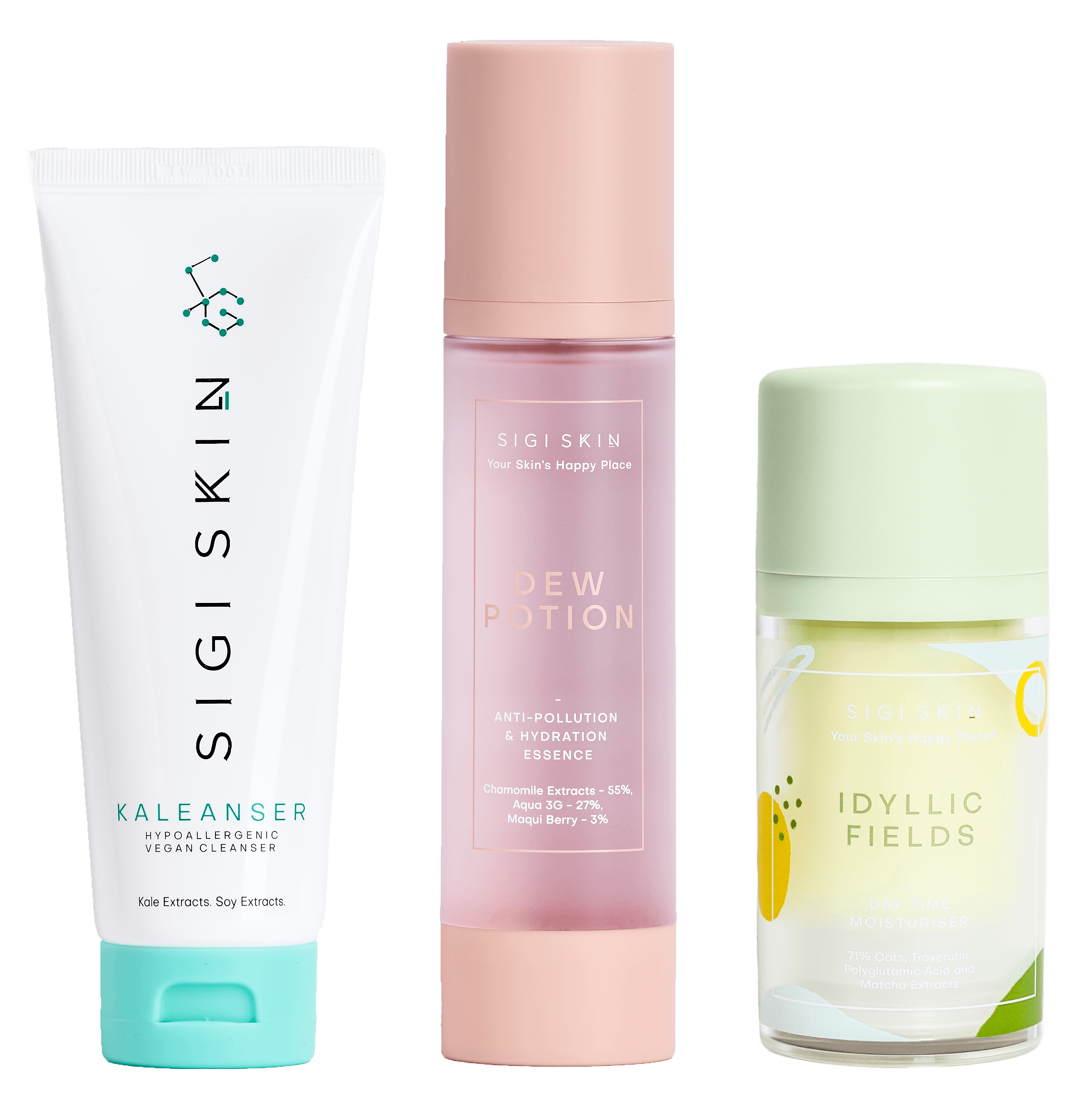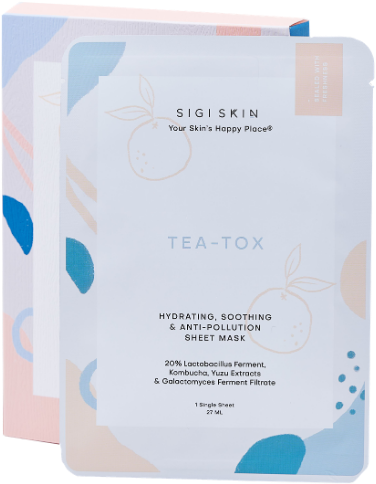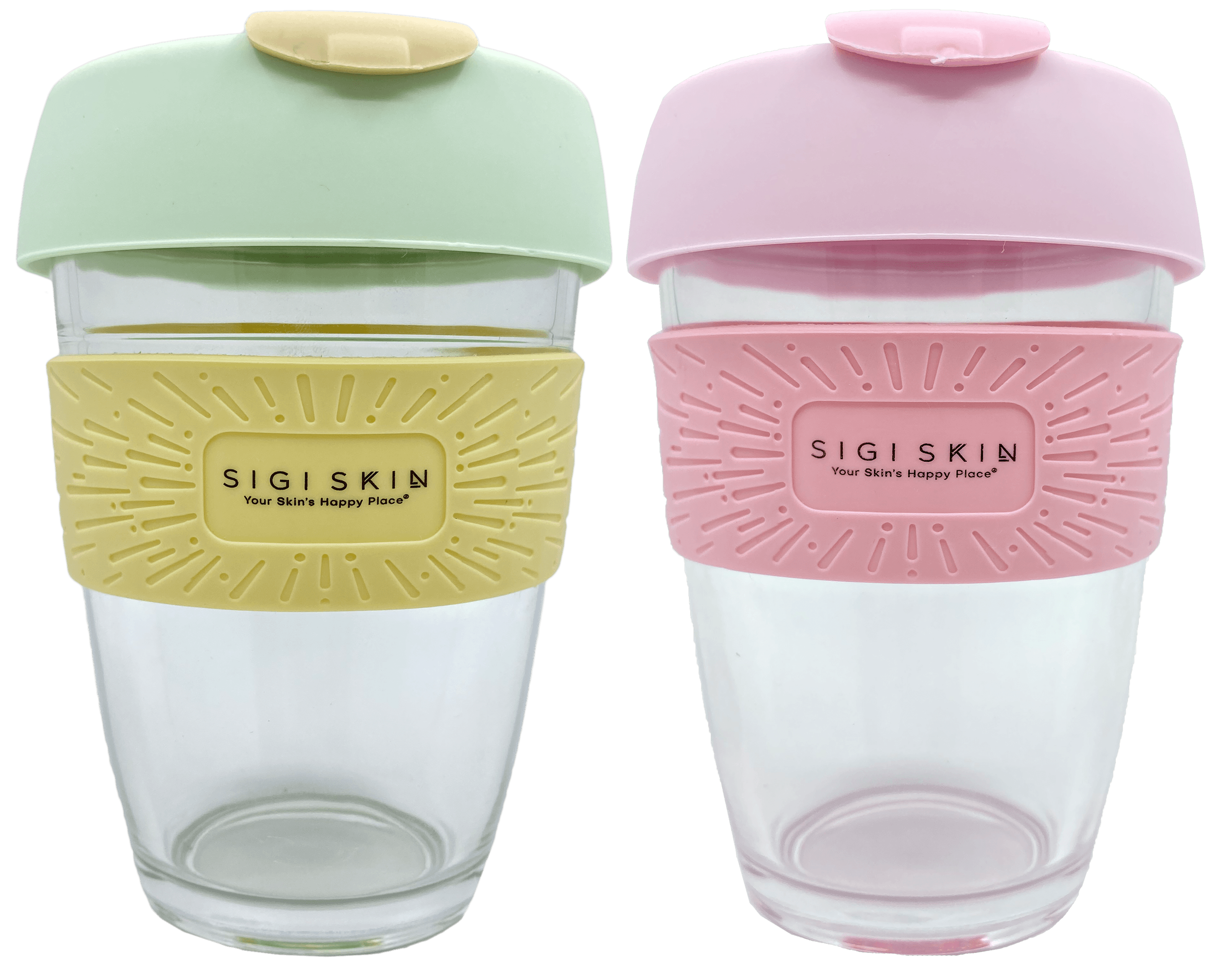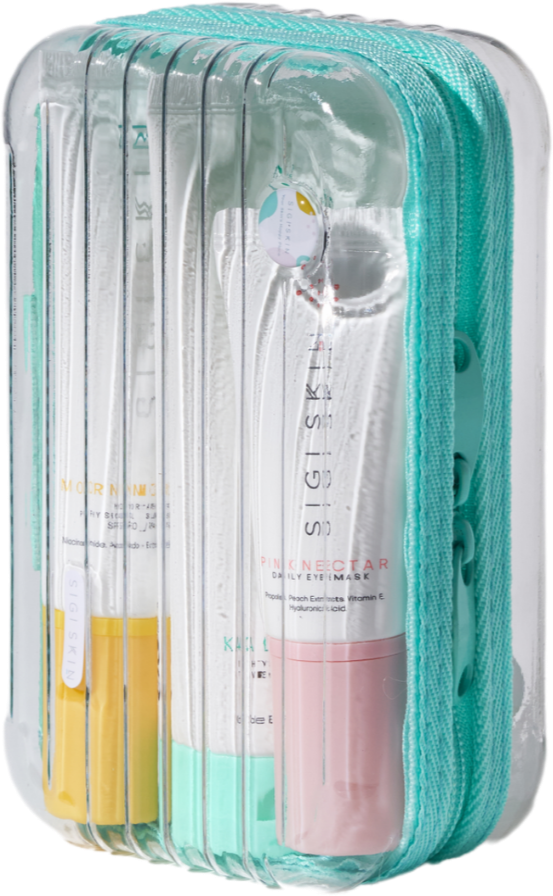What can parents do for teen's acne

In the realm of teenage challenges, acne remains a prevalent and often disheartening concern. Witnessing your children grapple with these stubborn blemishes, which bring not only physical discomfort but also scarring and insecurities, can be a truly heart-wrenching experience.
While teenage acne typically arises from hormonal shifts that are beyond both the child's and the parent's control, there are proactive steps parents can take to help alleviate breakouts. Encouraging your teen to uphold proper hygiene practices can be pivotal in preventing the proliferation of acne-causing bacteria.
Enter Sigi Skin’s Kaleanser—an exceptional facial wash tailored for teens with sensitive skin. Crafted without the inclusion of potentially irritating ingredients like parabens, sodium lauryl sulphate (SLS), butylated hydroxytoluene (BHT), DMDM Hydantoin, phthalates, and polyunsaturated oils (PUFA), Kaleanser refrains from exacerbating these uncomfortable breakouts. The inclusion of Glycerin, a potent humectant, imparts much-needed moisture to the compromised skin of your child. With its key components—Kale and Soy extracts—Kaleanser extends its benefits to include anti-inflammatory properties that effectively soothe irritated and inflamed pimples.
Beyond a comprehensive cleansing routine, parents can guide their children toward regulating sebum production with Sigi Skin’s Garden Party Deep Cleansing Clay Mask. The regular use of Garden Party, 2-3 times a week, aids in reducing the accumulation of pore-clogging debris that contributes to acne. What's more, the presence of Kaolin clay in Garden Party introduces anti-acne properties. Moreover, Garden Party's Camu Camu extract tackles hyperpigmentation, diminishing the aftermath of scarring.
In the context of acne care, parental emphasis on sun protection is paramount. Shielding the skin from the sun's rays is essential, as sun damage can exacerbate hyperpigmentation, prolonging the healing process and deepening scars. Opting for physical sunscreens, such as Sigi Skin’s Morning Glow Physical Sunscreen, is a prudent choice. Chemical sunscreens carry the risk of absorption and subsequent irritation, whereas physical sunscreens are less likely to sensitise the skin.
Despite the prevalence of teenage acne, its impact remains distressing, fostering deep-rooted insecurities, feelings of hopelessness, and embarrassment. Therefore, it is paramount for parents to approach the situation with understanding and to offer the requisite resources to aid their child's journey towards skin healing and self-confidence.








Leave a comment